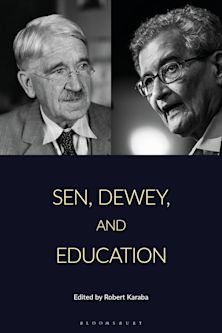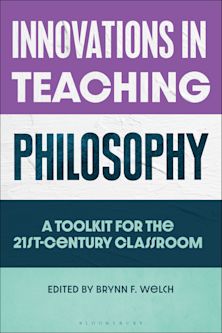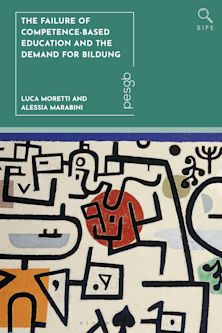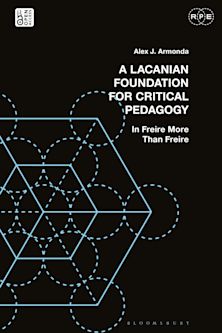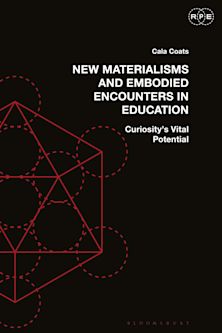- Home
- ACADEMIC
- Education
- Philosophy of Education
- Baudrillard, Youth, and American Film
You must sign in to add this item to your wishlist. Please sign in or create an account
Description
Baudrillard, Youth, and American Film examines the portrayal of youth in American cinema with Jean Baudrillard's radical social theory and philosophical system. Kline uses Baudrillard's corpus to analyze the troubling effects of the portrayal of youth in American teen films, namely, its contribution to discursive violence against young people which holds such a prominent place in many adult-controlled, modern institutions like schools. This kind of violence has multiple iterations, including the inability to imagine youth as meaningful political actors, the insistence on taking teenagers to be morally impoverished, and the propensity for viewing young people as thoroughly heteronomous. While there are certainly pockets of exception, violent discourses often animate institutional disregard for youth. Kline promotes Baudrillard's fatal theory as a way for critical educators, philosophers, sociologists, and other concerned pedagogues to argue for an alteration in the way that youth is portrayed in American films, and to discourage the negative discourse that have colonized conceptions and treatment of young people.
Table of Contents
Chapter Two: From Illusion to the 'Perfect Alibi of Images': Simulacra and American Teen Films
Chapter Three: The End of the Teen Party Movie: Baudrillard and Project X
Chapter Four: The Bling Ring: Real Time Cinema and the Simulacrum of the Teenager
Chapter Five: The Breakfast Club and Second Order Simulation
Chapter Six: Fatal Strategies for a New Education: Resistance after the Murder of the Real
Product details
| Published | May 26 2016 |
|---|---|
| Format | Ebook (Epub & Mobi) |
| Edition | 1st |
| Extent | 154 |
| ISBN | 9781498501514 |
| Imprint | Lexington Books |
| Series | Youth Culture and Pedagogy in the Twenty-First Century |
| Publisher | Bloomsbury Publishing |
Reviews
-
Kline’s knowledge of Baudrillard is impressive, as is his understanding of teenagers and the social systems in which they are fashioned. This book makes a significant contribution not only to Baudrillard studies but to our understanding of youth cultures today. Kline’s call for more radical approaches to the study of youth and education is as timely as it is crucial.
Gerry Coulter, Bishop's University and Founding Editor of the International Journal of Baudrillard Studies
-
In this groundbreaking and original work, the author presents a compelling case for how Baudrillard illuminates the fate of adolescence in contemporary Western society. This is the first and only work to deal with Baudrillard, youth, and film in a systematic and thorough manner; a particularly timely [contribution] as fields like cultural studies of education continues to grow.
Trevor Norris, Brock University
-
This book engages in groundbreaking work. Kline uses Baudrillardian thought and popular film to identify the violent discourse that surrounds much of American youth culture. But perhaps most important, this text announces that the time has come to re-evaluate and apply the radical philosophy of Jean Baudrillard to youth and education studies; in other words, the time has come for fatal strategies.
Kristopher Holland, University of Cincinnati
-
Kline's clear explanations of Baudrillard's theory is helpful, and his application of it to images of American adolescence is at once disquieting and intriguing. Although Kline's prescriptions for radical thought and fatal strategies are unorthodox and operate at the margins, they may be one of the few promising ways forward in the face of a system that seems to anticipate and thrive upon more traditional forms of critique. Anyone with an interest in critical media literacy will find the critiques and alternatives articulated here to be worthwhile.
David Waddington, Concordia University

















